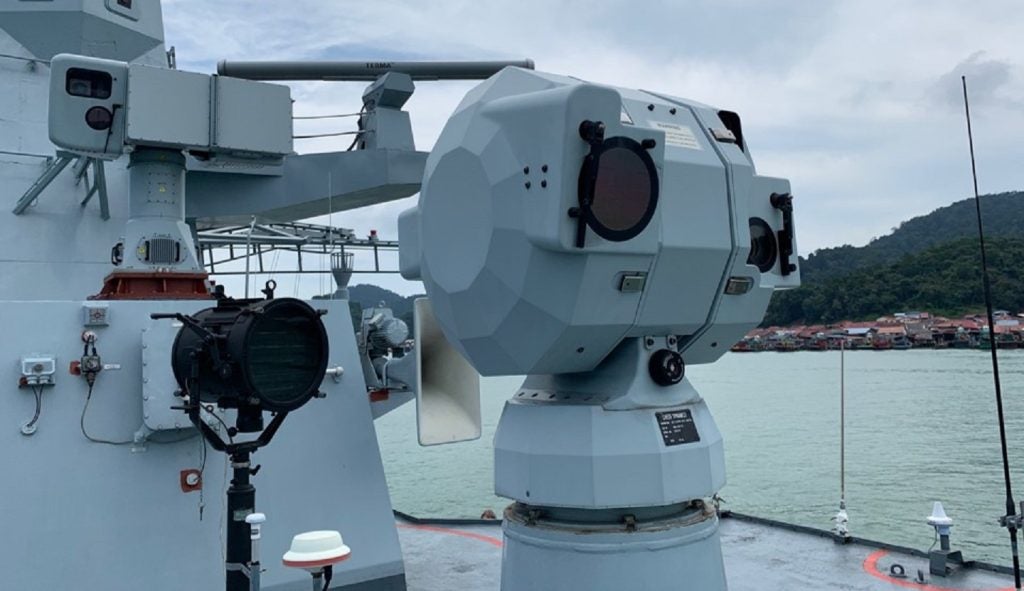
In a 4 December 2023 report, the National Audit Office (NAO), the UK’s public spending watchdog, revealed that the UK Ministry of Defence (MoD) has reached its largest equipment deficit since it began publishing its Equipment Plan in 2012 to assure Parliament that its plans are affordable.
According to NAO findings, the MoD has allocated a budget of £288.6bn ($364.6bn) – 49% of its entire forecast defence budget – to fund the Plan; this is a considerable growth from 46% last year.
While there is a 27% increase in forecast costs from last year, the budget has only risen by 19%.
Some defence organisations, such as the Royal Air Force (RAF) and the Royal Navy, have unaffordable plans because they include full predicted costs for the capabilities government expects them to deliver. However; others such as the British Army and the Strategic Programmes Directorate have developed affordable plans by accepting greater risks that their capabilities will not meet government objectives.
What are the MoD’s objectives?
The MoD outlined its updated objectives in two Refresh documents earlier this year – the Integrated Review (IR) and Defence Command Paper (DCP).
Despite acknowledging the “multipolar, fragmented and contested world” in the IR, the DCP pledged to stop procuring new systems and focus on the way the MoD operates. This involves “kickstarting” a new relationship with the private defence sector, increasing productivity, and putting science and technology “at the heart of our force design and capability development”.
How well do you really know your competitors?
Access the most comprehensive Company Profiles on the market, powered by GlobalData. Save hours of research. Gain competitive edge.

Thank you!
Your download email will arrive shortly
Not ready to buy yet? Download a free sample
We are confident about the unique quality of our Company Profiles. However, we want you to make the most beneficial decision for your business, so we offer a free sample that you can download by submitting the below form
By GlobalDataOn the surface, it appears that this would take the pressure off the MoD’s equipment forecast. Instead, the alarm sounded by the IR when it comes to the new geopolitical landscape indicates the growing demand for more investment in artillery stockpiles (for the UK and Ukraine) and the nation’s nuclear deterrent.
In a GlobalData Analyst Briefing in November 2023, James Marquess stated that “Going into winter, Ukraine faces the certainty of a renewed strike campaign against its infrastructure – particularly energy and power – with long-range weapons, as Russia aims to sap public morale. There will be a returned focus on missiles and missile defense systems.”
“If the west still intends to stand by its support for Ukraine and inflict a defeat on Russia, then plans for Ukraine’s needs and wants over the next 6-12 months must begin now.”
Constraints on supply and industry
Delivering these government objectives will not be easy with demand surging around the world and protectionist policies curbing trade.
The MoD is also facing supply chain risks and industry capacity constraints, mainly due to skills gaps, shortages of key components, and an increased demand for defence equipment in other countries in response to the war in Ukraine.
The MoD is looking for ways to encourage suppliers to invest in their capacity. For example, the MoD expects that Defence Equipment & Support’s July 2023 order with BAE Systems for 155mm artillery shells will increase the UK’s stockpile and deliver an eight-fold increase in production capacity.
However, supplier confidence to invest in its capacity relies on the MoD maintaining the demand it has promised. The failure to provide budgets that match ambition, such as with the £5.9bn funding shortfall in the shipbuilding pipeline, risks undermining such confidence.
Additional reporting from Richard Thomas.







